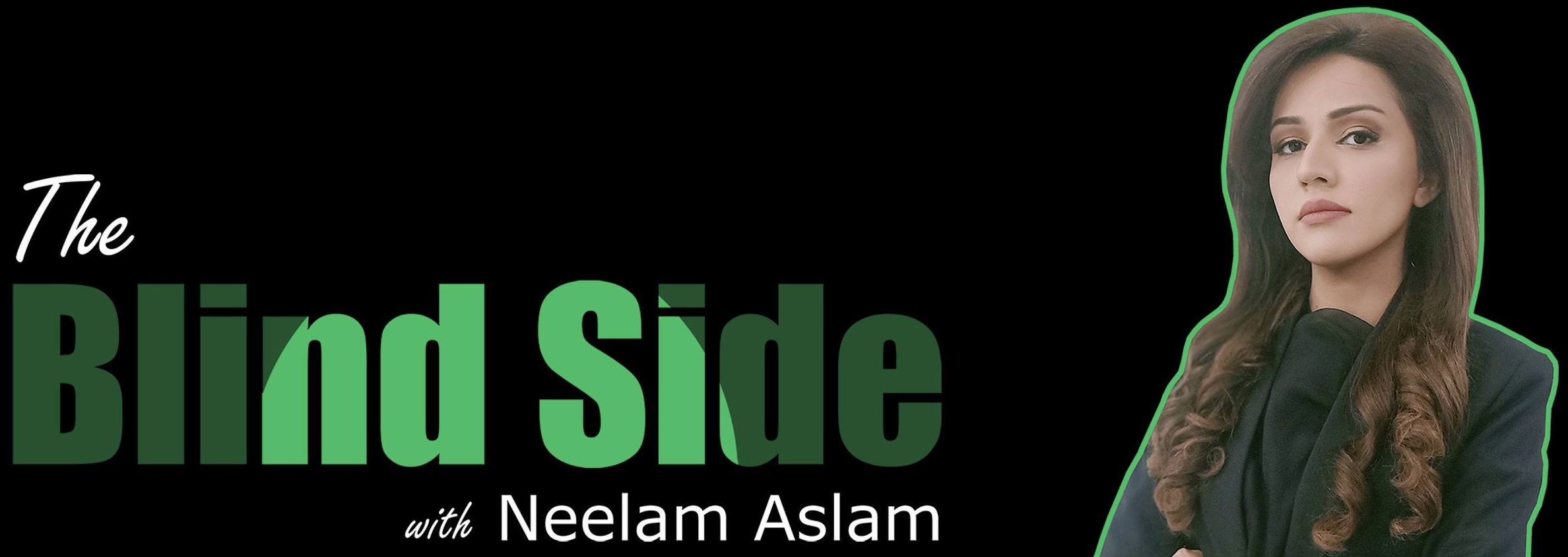Meet Raani Khan, the inspiring transgender to establish a transgender-only madrasah in the federal capital Islamabad.
Raani set up this madrassah for her community members on her own, using her life savings. She teaches the Holy Quran at the madrasah. The madrasah is proving to be an important platform for the trans community of the capital as they get close to the religion, and away from all unethical activities.
When asked how Raani had such a drastic lifestyle change, she responded that a friend of hers advised her to do so in her dreams.
“My transgender friend was also a dancer like me. One day she had a car accident and died. A few days later she came to me in my dream and told me to stop dancing and abandon this lifestyle”, Rani tells voicepk.net.
Raani recalled how she woke up after the dream and cried all night till dawn. By the morning, she had resolved that she would never dance or sing from now on.
She now runs a seminary exclusively for transgenders in the suburbs of the federal capital to ‘reform’ members of her community.

“I contacted a lot of people to help me but no one helped, so I sold a plot of my land and built a madrassa”, Rani told Voicepk.net.
“Most families do not accept transgender people. They throw them out of their homes. Transgender people turn to wrongdoing,” Khan, said, also paying attention to her students as they sway back and forth, reciting Quranic verses.
At one time, I was also one of them.

Raani’s eyes filled with tears, some of them even rolled down her pinkish cheeks, when she recalled how her family and loved ones disowned and discarded her 13 and forced her into begging.
At 17, I joined a transgender group, dancing at weddings and other functions, but quit it to connect with her religion after a dream in which a deceased transgender friend and fellow dancer pleaded with her to do something for the community.
Raani said she studied the Holy Quran at home, and attended religious schools, before opening the two-room madrassah in October.
I’m teaching the Holy Quran to please God, to make my life here and in the hereafter.
Raani said that the madrasah is not a platform for the people of the trans community to learn the Holy Quran, it also offers them a place to worship, learn about Islam and repent for past actions.

To a question, Khan said that the madrassah is yet to receive any aid from the government. Some officials, however, had promised to provide respectable jobs to madrasah students.
With the help of some individual donations, Khan has also bought handicraft materials and now teaches her students to sew and embroider, in hopes of raising funds for the school by selling clothing.
Pakistan recognized the third gender as late as 2018, giving them individual fundamental rights such as the right to vote and choose their gender on official documents.
Nonetheless, members of this community remain third-world citizens in the country and often have to resort to begging, dancing, and prostitution to make a living.
Despite all the odds, Islamabad Deputy Commissioner Hamza Shafqaat remains hopeful that the platform will help trans people integrate into mainstream society.
“I’m hopeful that if you replicate this model in other cities, things will improve,” he said while speaking to an international news agency, Reuters.
Students of the madrasah are also happy and content to have finally found the righteous path.

“It gives my heart peace when I read the Quran,” said one madrassah student, Simran Khan, who is also eager to learn life skills.
“It is much better than a life full of insults,” the 19-year-old Simran added.
Raani says that transgender people are a vulnerable disenfranchised group, who have shunned away by society, and kept illiterate. She hopes that the government will help the community by providing them healthcare, housing, and ration free of cost







Leave a Reply